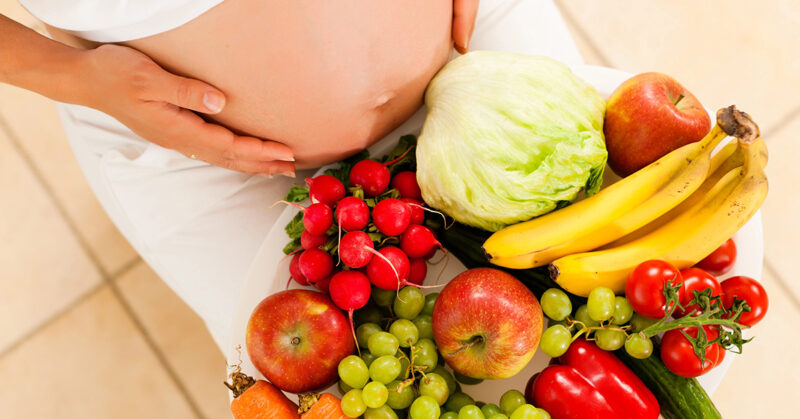
Pregnancy is a beautiful journey, but it comes with its fair share of challenges. One such common and uncomfortable issue is hemorrhoids. Hemorrhoids are swollen veins in the lower rectum and anus, often causing pain, itching, and sometimes bleeding. They are particularly prevalent during pregnancy due to increased pressure in the pelvic area and changes in blood flow.
Fortunately, making specific dietary changes can help prevent and manage hemorrhoids during pregnancy. Here’s a comprehensive guide on how to adjust your diet to keep hemorrhoids at bay.
1. Increase Fiber Intake
Fiber is essential for maintaining healthy digestion and preventing constipation, a major cause of hemorrhoids. Aim to consume a variety of high-fiber foods, including:
- Fruits: Apples, pears, berries, and oranges.
- Vegetables: Broccoli, carrots, spinach, and sweet potatoes.
- Whole Grains: Oats, brown rice, quinoa, and whole wheat bread.
- Legumes: Lentils, chickpeas, black beans, and peas.
Fiber adds bulk to the stool, making it easier to pass and reducing the strain during bowel movements.
2. Stay Hydrated
Proper hydration is crucial for preventing constipation. Water helps soften the stool, making it easier to pass. Pregnant women should aim to drink at least 8-10 glasses of water daily. In addition to water, you can include hydrating foods such as cucumbers, watermelon, and citrus fruits in your diet.
3. Incorporate Probiotics
Probiotics are beneficial bacteria that promote gut health and regular bowel movements. Including probiotic-rich foods in your diet can help maintain a healthy digestive system. Some excellent sources of probiotics are:
- Yogurt: Choose yogurt with live and active cultures.
- Kefir: A fermented milk drink rich in probiotics.
- Sauerkraut and Kimchi: Fermented vegetables that support gut health.
- Miso: A fermented soybean paste used in soups and sauces.
4. Avoid Processed Foods
Processed foods, such as fast food, refined grains, and sugary snacks, often lack fiber and can contribute to constipation. They can also cause bloating and discomfort. Instead, focus on whole, unprocessed foods to support your overall health and prevent hemorrhoids.
5. Limit Caffeine and Alcohol
Both caffeine and alcohol can lead to dehydration, which can exacerbate constipation and hemorrhoids. While moderate caffeine intake is generally considered safe during pregnancy, it’s best to limit it and opt for caffeine-free beverages when possible. Alcohol should be avoided during pregnancy altogether.
6. Consume Healthy Fats
Healthy fats are essential for overall health and can aid in digestion. They help lubricate the intestines, making it easier for stools to pass. Include sources of healthy fats such as:
- Avocados: Rich in healthy monounsaturated fats.
- Nuts and Seeds: Almonds, chia seeds, flaxseeds, and walnuts.
- Olive Oil: A great source of monounsaturated fats, ideal for cooking or dressing salads.
- Fatty Fish: Salmon, mackerel, and sardines (ensure they are low in mercury).
7. Eat Small, Frequent Meals
Instead of three large meals, opt for smaller, more frequent meals throughout the day. This can help prevent bloating and maintain steady digestion, reducing the likelihood of constipation and hemorrhoids.
8. Monitor Your Iron Intake
Iron is crucial during pregnancy, but iron supplements can sometimes cause constipation. If you’re taking iron supplements, ensure you’re also consuming enough fiber and staying hydrated. Consult with your healthcare provider about the best iron supplement for your needs and how to manage any potential side effects.
Preventing hemorrhoids during pregnancy involves making mindful dietary choices that promote healthy digestion and regular bowel movements. By increasing fiber intake, staying hydrated, incorporating probiotics, avoiding processed foods, limiting caffeine and alcohol, consuming healthy fats, eating small frequent meals, and monitoring iron intake, you can significantly reduce the risk of hemorrhoids.
Remember, every pregnancy is unique, so it’s essential to consult with your healthcare provider before making any significant dietary changes. With the right diet and lifestyle adjustments, you can enjoy a more comfortable and healthy pregnancy.

